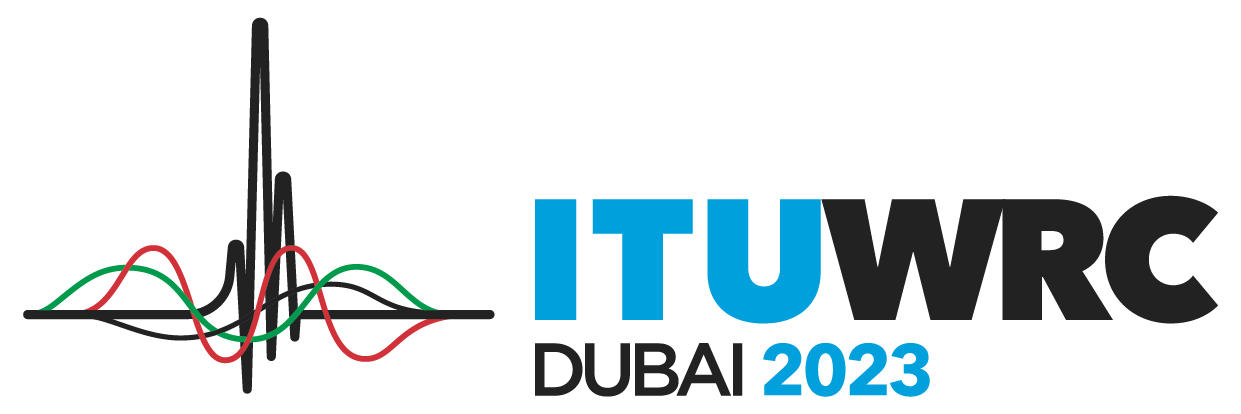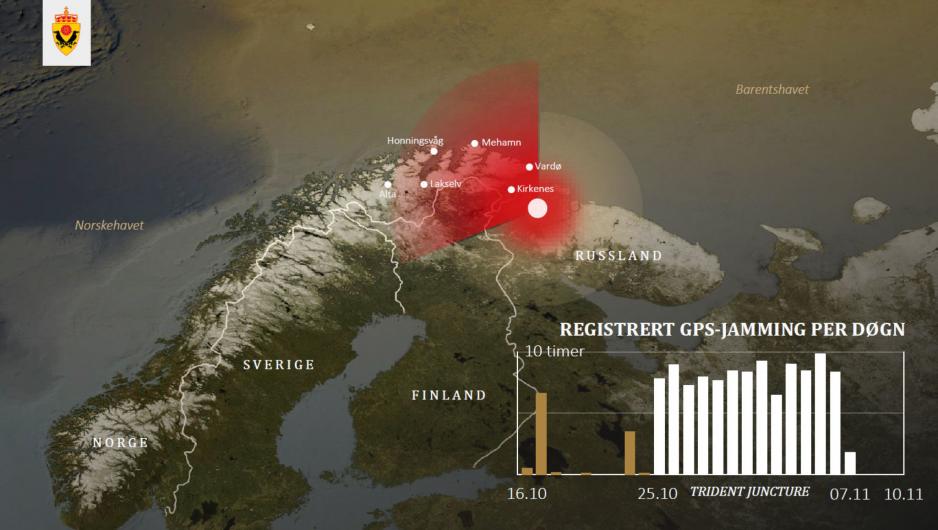Image: Norway Telecom Authority
What’s New: Our colleague Prof Todd Humphrey’s speaking at CGSIC this week reminded us about an International Telecommunications Union (ITU) resolution from from December of last year. It takes a strong stand against interference with GNSS… except when a nation does it for security or defense purposes. — What other reasons would a country have for interfering with GNSS other than security and defense?
Why It’s Important:
- ITU could have said ‘It’s OK for a nation to interfere within its own borders,’ but they didn’t. – We can understand why domestic interference it is sometimes necessary. But why is it OK to do it elsewhere and impact other sovereign nations? Was the ITU sanctioning low-level warfare?
- ITU, a component of the United Nations, sets the standards for radio frequency use around the world. Without standards and cooperation, spectrum use would be chaotic and users would constantly interfere with each other.
- In Todd’s words, ITU ‘normalized’ jamming and spoofing.
What Else to Know:
- International organizations operate by consensus and rely on the general cooperation of their members. So its hard to do something if you have one or two countries opposed.
- We can imagine a lawyer specializing in international law explaining “That countries should only interfere with GNSS within their own boarders is implicit. Of course jamming or spoofing outside of your own country is a violation.” If that is the case, we see lots of evidence every day this is not understood. And ITU passed on an opportunity to make it clear.



